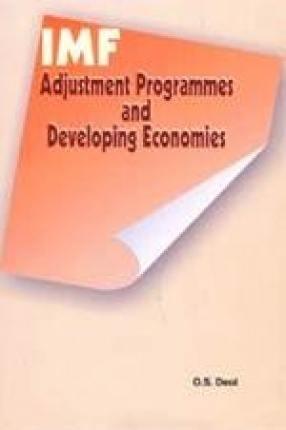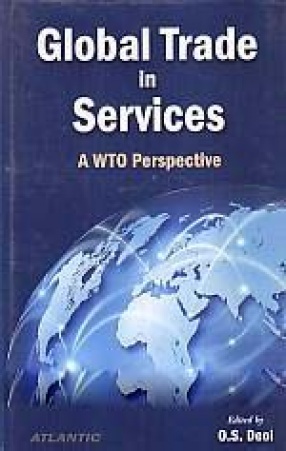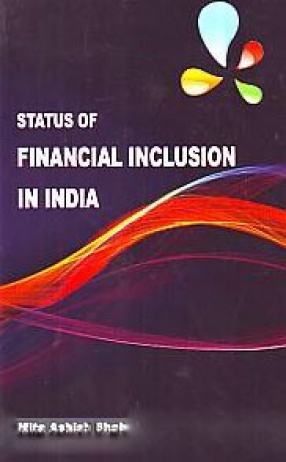A core responsibility of the IMF is to provide loans to countries experiencing balance of payments problems. This financial assistance enables member countries to rebuild their international reserves, stabilize their currencies, pay for imports, and restore conditions for strong economic growth. Unlike development banks, the IMF does not lend for specific projects. However, when a country borrows from the IMF, its government makes commitments on economic and financial policies. These policies are intended to resolve a country’s balance of payments difficulties, contributes to sustainable economic growth and to enable the government to repay the Fund. Together, these policies constitute a member country’s policy programme (conditionalities). Over the years, the most controversial aspect of the IMF’s relationship with its members has been the conditionalities, the terms on which the Fund’s resources become available to its members. Hence, analysis of contents of the programmes and assessment of macroeconomic performance of developing countries under these programmes becomes interesting and important. This is the subject-matter of this book. Six countries, viz. Morocco, Ghana, Chile, Mexico, India, and Bangladesh have been included in this study which covers the period from 1975 to 2002
IMF Adjustment Programmes and Developing Economies
In stock
Free & Quick Delivery Worldwide
reviews
Bibliographic information
Title
IMF Adjustment Programmes and Developing Economies
Author
Edition
1st ed.
Publisher
ISBN
817708089X
Length
xii+276p., Tables; Appendices; Bibliography; Index; 23cm.
Subjects






There are no reviews yet.